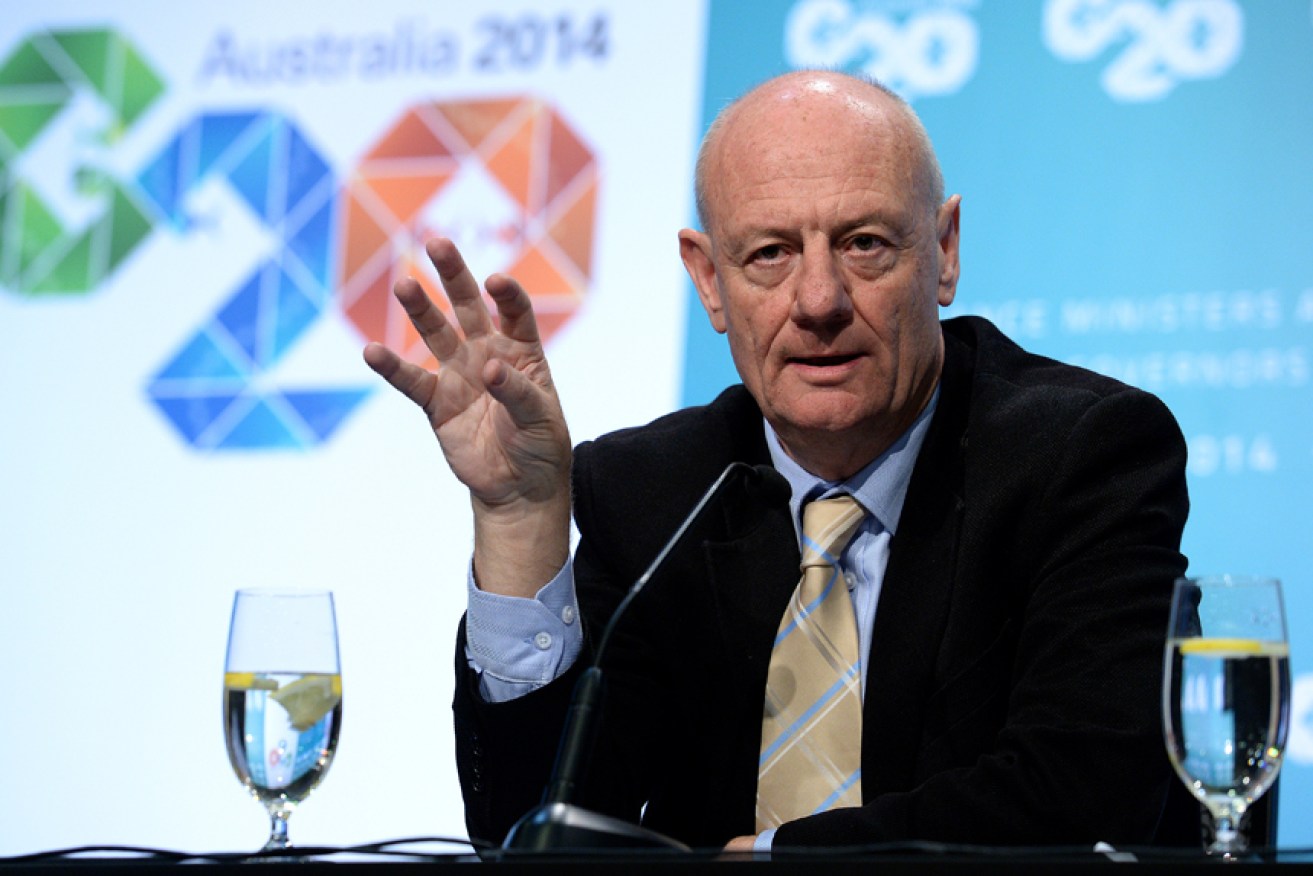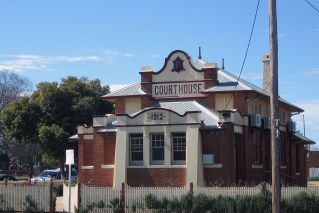Why charities are angry about the government’s foreign donations ban


World Vision chief advocate Tim Costello has likened the laws to Vladimir Putin's Russia. Photo: AAP
In December, when the Turnbull government launched a ban on foreign political donations, both sides of politics considered the measure long overdue.
Now, only two months on, that bipartisan goal has become mired in a political fight, as some of Australia’s most recognised charities line up against the new laws.
Which charities are angry?
Charities including World Vision, The Smith Family, Save The Children, White Ribbon and St Vincent de Paul warn the ban will have a “chilling effect”.
That is because charities would no longer be allowed to use foreign donations to engage in any activities considered “political campaigning”.
The problem, according to the peak body Community Council for Australia, is that such campaigning is defined so broadly that many charities “going about their normal activities will be caught up … and many may be deemed to be political actors”.
The new laws state that political campaigning is the expression of a view on “a political party, candidate in an election or a member of the federal Parliament” or about “an issue that is, or is likely to be, before electors in an election”.
Charities argue this will prevent them from speaking out on issues such as homelessness, the welfare system, low wages, refugees and the environment.
They will also be required to meet stricter reporting requirements if they engage in such campaigning, which will “strangle” their organisations with red tape.
What does the government say?
The government argues the new laws will protect the integrity of the electoral system by ensuring only Australians can exert influence on our politics.
Finance Minister Mathias Cormann has ruled out exempting charities from the new legislation, saying it would create a “loophole”.
Prime Minister Malcolm Turnbull told Question Time on Monday: “Under our bill, charities are able to take as much money from foreign entities as they want, but they can’t use that foreign money to fund political campaigning in Australia.”
He added: “Just seven out of 55,500 registered charities in Australia reported political expenditure last financial year.
“That represents 0.01 per cent of Australian charities. So the bill has no effect on foreign funding for charities’ non-political activity or charities’ political campaigning where it is funded by Australians.”
Mr Turnbull said Labor’s own legislation also sought to ban charities from receiving foreign donations, but it had drafted the laws so poorly that money transferred into an Australian bank account would not be captured.
“So talking about St Vincent de Paul or World Vision is a simple exercise by the Labor Party in trying to distract from the fact that [activist group] GetUp! wants … to use foreign money to influence the politics of our nation – and we won’t have a bar of it.”
St Vincent de Paul said on Tuesday the expanded definition of political campaigning meant many more charities would eventually be impacted.
World Vision chief advocate Tim Costello likened the laws to efforts to stifle dissent in Vladimir Putin’s Russia at a parliamentary hearing earlier in the month.
Who else is opposed?
Labor has said it will not countenance any bill that “silences” charities, while the Greens are also opposed to the new laws.
In a case of unlikely bedfellows, the conservative free-market think tank the Institute for Public Affairs says the new laws represent an “extraordinary and radical attempt to regulate political discourse in Australia”.
GetUp! claims it will not be significantly affected by the ban, saying 99 per cent of its donations come from within Australia.
But the lobby group has become one of the most vocal opponents of the ban – and recently urged its members to share a satirical video panning the changes in a bid for it to go viral.
The legislation is before a parliamentary committee which is due to report back at the end of March.








